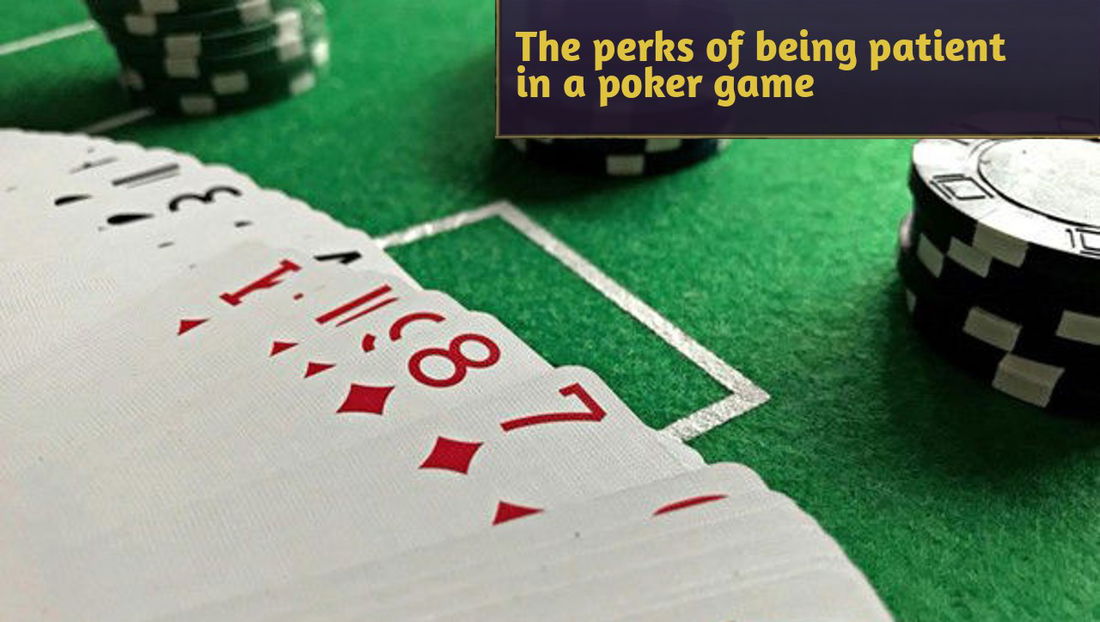Gambling has always been a super popular pastime enjoyed by people from all walks of life. The inherent unpredictability mixed in with the possibility of winning sizeable monetary prizes makes this entertainment form such an intoxicating hobby. It is also often a communal activity partaken in a public forum, which creates a sense of camaraderie for participants, boosts escapism levels, and helps people distance themselves from their daily stresses.
Naturally, it also affects the brain similarly to some drugs, stimulating its reward system through dopamine release, which brings pleasure. Hence, due to these reasons, it is paramount that everyone partakes in all forms of gambling super responsibly, as the frequent dopamine spikes these activities can induce can cause individuals to get so engrossed in their gambling fun that they start making irrational decisions, ones that can endanger their livelihood.
Governments and operators worldwide have teamed up to ensure that no one spends more than they can afford to lose on their gambling hobbies. They have introduced various universal self-exclusion systems and reasonable betting tools for those who indulge in wagering entertainment online.
Understanding Responsible Gambling
Before getting into tactics for implementing it, we should first briefly explain the concept of responsible gambling. It is the cornerstone of avoiding the consequences to one’s financial and mental well-being that can come from gambling. It involves adhering to fundamental principles – proper resource allocation, self-control, and not chasing losses. The latter is resisting the lure of trying to recoup losses by hoping for a big win coming down the pipe. It is not falling prey to the gambler’s fallacy or the false notion that a gambler is due for a win after a string of losing bets.
Setting time limits and not making ill-advised high-risk bets is also a part of responsible gambling, as is viewing this hobby as strictly entertainment-based and not a money-making opportunity. Following these few guidelines can go a long way in preventing the harmful effects of excessive betting. Below, we learn how to stop that from happening with defined approaches.
Budgeting & Necessary Tools
Of course, a crucial aspect of responsible gambling is determining one’s realistic budget, calculated based on disposable income. Funds set aside for fun should never come from money allocated for savings or necessities. They should not touch cash put away for essential living expenses. After those costs get settled, a portion of these funds can be used for betting at casino locales, legal US poker sites, or gaming platforms, all of which are promoting responsible gambling nowadays.
For many, the best approach to budgeting is following the 50/30/20 rule. That entails using 50% of one’s income to satisfy basic needs, 20% into savings, and 30% on leisure activities. Gambling falls into the latter group, but not all 30% of the funds should go to it. A handy tip is to create a separate account specifically for gambling. That reduces the temptation to dip into other funds and allows for better tracking. Loads of banks and apps will enable the creation of such pots with tools for analysis. Wager-tracking apps like BetBuddy, as do general finance ones such as Mint, YNAB, or PocketGuard, also accomplish this task.
As mentioned, most online casinos also have profile features that let users set time, loss, and deposit limits. They also give gamblers the ability to self-exclude for a designated period when they feel their impulses are getting the better of them.
Spotting Red Flags
Using credit cards or loans to fund gambling activities is a big no-no, as doing this can lead individuals into a financial pit from which they will struggle to exit. That is why those prone to addiction should contact their bank, have them set a ban on gambling-related services, and only play using pre-paid card deposits, which act as a responsible tool themselves.
If someone begins playing on credit, they should stop and seek help instantly. Hiding gambling-related spending is another sizeable red flag, as this often gets associated with problem gamblers, who feel guilt and are ashamed and embarrassed about their betting. Neglecting financial responsibilities is also something no one should do in favor of gambling. If a person starts doing this, it is time to install an app such as Gamban or BetBlocker that restricts access to sportsbooks, lottery, poker, and casino sites.
How to Develop Healthy Habits
Number one, always treat gambling as a recreational activity. Second, set win and loss limits that will never be surpassed. Knowing when to walk away is vital; practicing mindful techniques that minimize the hazards of scumbling to the emotional roller coaster of gambling can be super beneficial. The same goes for conducting regular reviews to assess the overall impact of gambling on one’s finances to spot if there are patterns of overspending.
Also, periodically taking a break from betting hobbies can be beneficial, as it shows a person that engaging in them is not mandatory for them to enjoy life and experience excitement.










— Comments 0
, Reactions 1
Be the first to comment